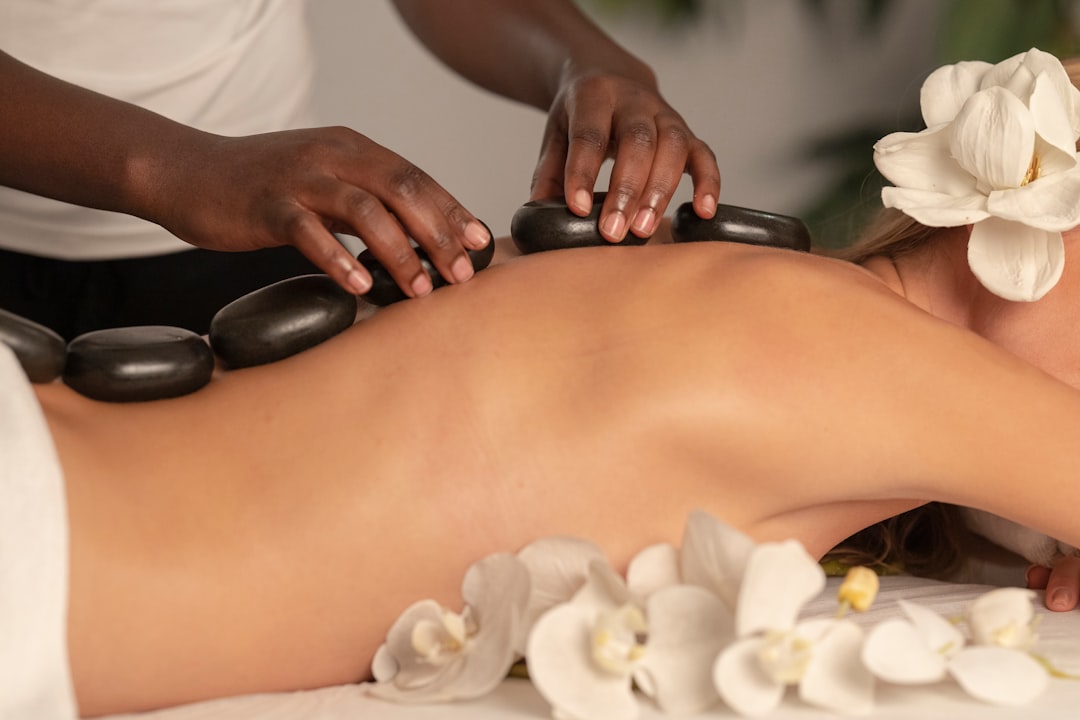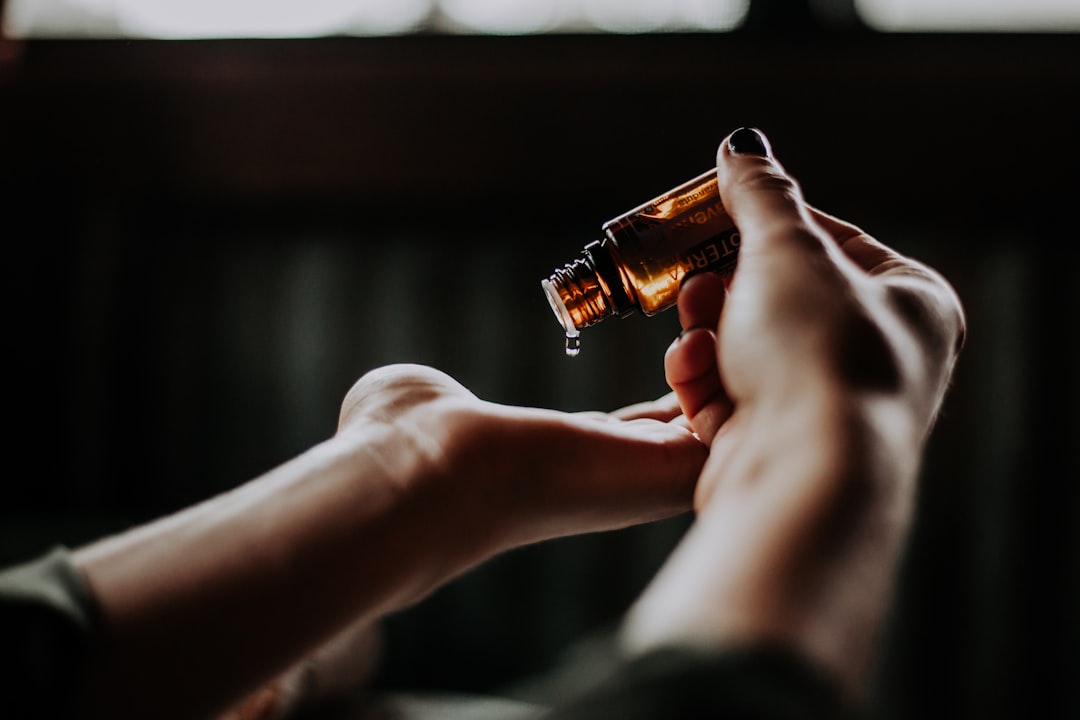Massage abuse in Cleveland involves inappropriate touch during spa treatments, targeting vulnerable populations. Ohio's massage abuse law firm offers specialized support and empowers clients against spas failing ethical standards. The Ohio Division of Professional Regulation (ODPR) governs massage therapy practices, prohibiting sexual harassment and inappropriate contact with license sanctions. Law enforcement faces challenges in addressing spa-related complaints due to subjective touch interpretations and language/cultural barriers. Dedicated units within local police departments specializing in spa crimes ensure thorough investigations. Collaboration between law enforcement, authorities, and massage abuse law firms fosters prevention strategies, empowering victims to seek justice through a robust legal framework in Ohio.
In Cleveland, Ohio, the rise of complaints against spas, specifically regarding massage abuse, has sparked a critical examination of the city’s legal responses. This article delves into the multifaceted issue, exploring the intersection of law enforcement, spa regulations, and strategies to combat massage abuse. With a focus on Ohio’s legal framework, we analyze current procedures employed by law enforcement and identify challenges in addressing these complaints effectively. Key insights offer potential solutions for prevention and a safer spa experience.
Understanding Massage Abuse Complaints in Cleveland

Massage abuse complaints in Cleveland often revolve around allegations of inappropriate or non-consensual touch during spa treatments. These issues can range from sexual harassment and assault to psychological manipulation and exploitation, particularly targeting vulnerable populations such as tourists, immigrants, or those facing economic hardships. The city’s spas, known for their relaxation and wellness services, may unintentionally contribute to these problems due to inadequate training, poor regulation, or a lack of awareness among staff.
For victims seeking justice, a massage abuse law firm in Ohio provides a crucial resource. These legal professionals specialize in navigating the complexities of spa-related misconduct cases, offering expertise in local laws and regulations pertaining to massaging services. They empower survivors to take action against spas that fail to uphold ethical standards, ensuring their voices are heard and rights protected.
The Legal Framework: Ohio's Massage Therapy Regulations

In Ohio, the legal framework governing massage therapy is established by the Ohio Division of Professional Regulation (ODPR). These regulations aim to protect clients from potential harm and ensure ethical practices within the industry. The ODPR oversees licensing and regulation for massage therapists, including requirements for training, testing, and continuing education. This robust system serves as a shield against massage abuse by holding practitioners accountable and setting standards for quality care.
Moreover, Ohio law prohibits certain behaviors that could lead to massage abuse, such as sexual harassment or inappropriate physical contact. A massage therapy license can be revoked or suspended for violations, ensuring that spas and their employees adhere to strict ethical guidelines. In the event of a complaint against a spa, the ODPR investigates, imposing penalties where necessary. This stringent legal framework underscores Ohio’s commitment to safeguarding clients from potential massage abuse within its borders, with the support of a dedicated law enforcement system.
Law Enforcement Response: Current Procedures and Challenges

Law enforcement agencies in Cleveland play a pivotal role in addressing complaints against spas, particularly those involving potential massage abuse. However, their response is not without challenges. Current procedures involve receiving and investigating reports from victims or concerned citizens, which may include allegations of inappropriate touch, sexual assault, or exploitation. Officers must then gather evidence, interview staff and clients, and determine if criminal charges are warranted.
One significant challenge lies in the fact that many spa-related incidents may not immediately appear as clear-cut cases of criminal misconduct. The subjective nature of massage experiences can lead to differing interpretations of actions, making it crucial for law enforcement to approach these cases with sensitivity and an understanding of the nuances involved. Furthermore, language barriers and cultural differences may complicate investigations, requiring specialized training and resources to ensure accurate interpretation and fair treatment of all parties involved.
Strategies for Effective Addressal and Prevention of Massage Abuse

Addressing massage abuse requires a multi-faceted approach, and law enforcement plays a pivotal role in this strategy. One effective method is to establish dedicated units or teams within local police departments specializing in investigating spa-related crimes. These specialized teams can ensure consistent and thorough scrutiny of reported incidents, including sexual harassment, assault, or human trafficking within the massage industry. By implementing robust training programs for officers, they can better recognize red flags and understand the nuances of these cases, leading to more efficient investigations.
Moreover, collaboration between law enforcement, local authorities, and reputable massage abuse law firms in Ohio can foster prevention strategies. This partnership can involve public awareness campaigns, educational workshops for spa owners and employees, and the creation of reporting mechanisms easily accessible to clients. Such proactive measures aim to deter potential abusers and empower individuals experiencing massage abuse to come forward without fear of reprisal.





